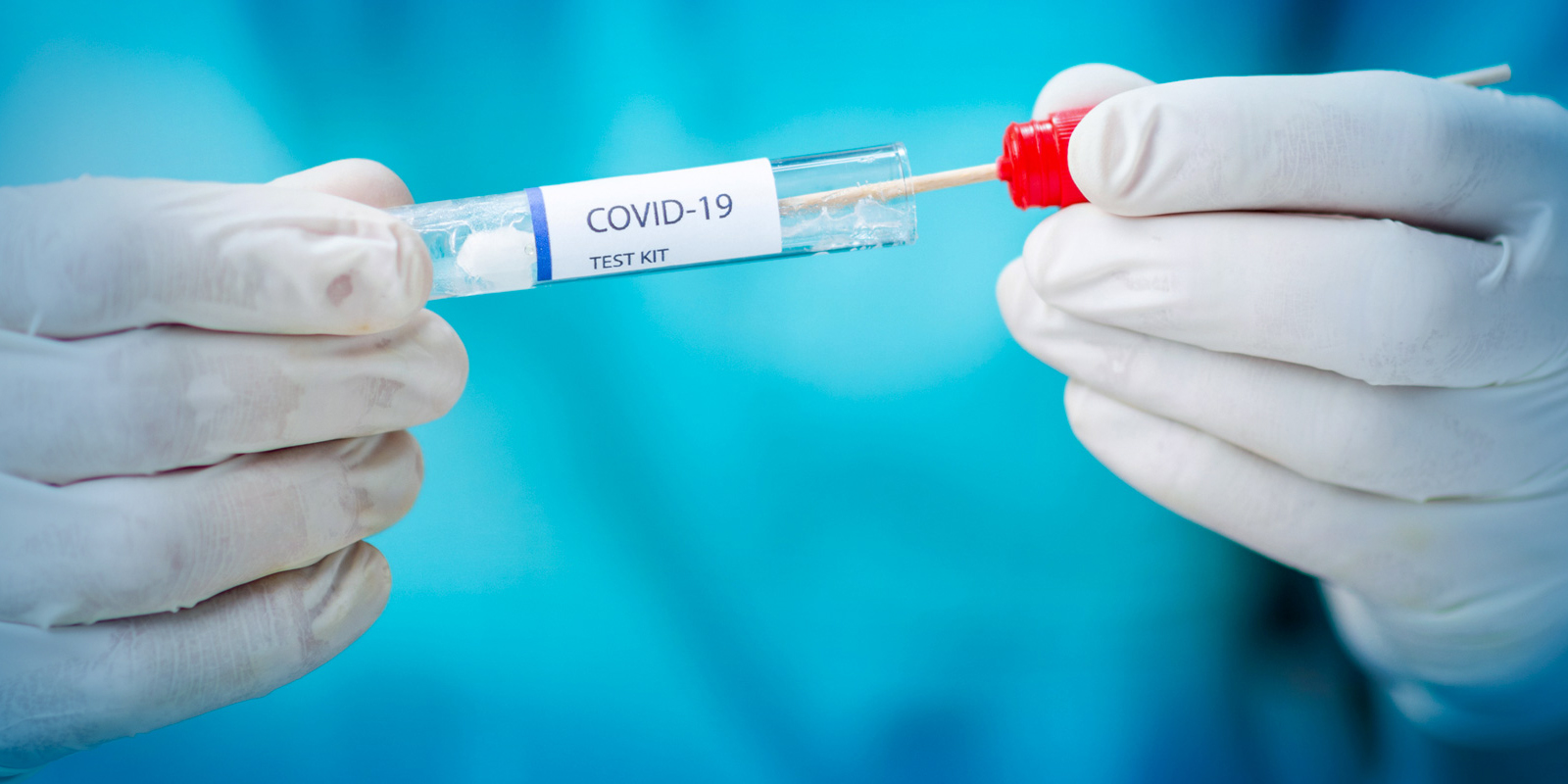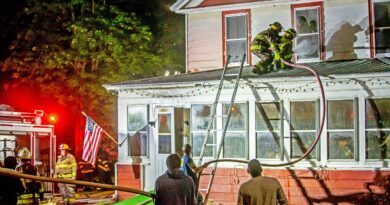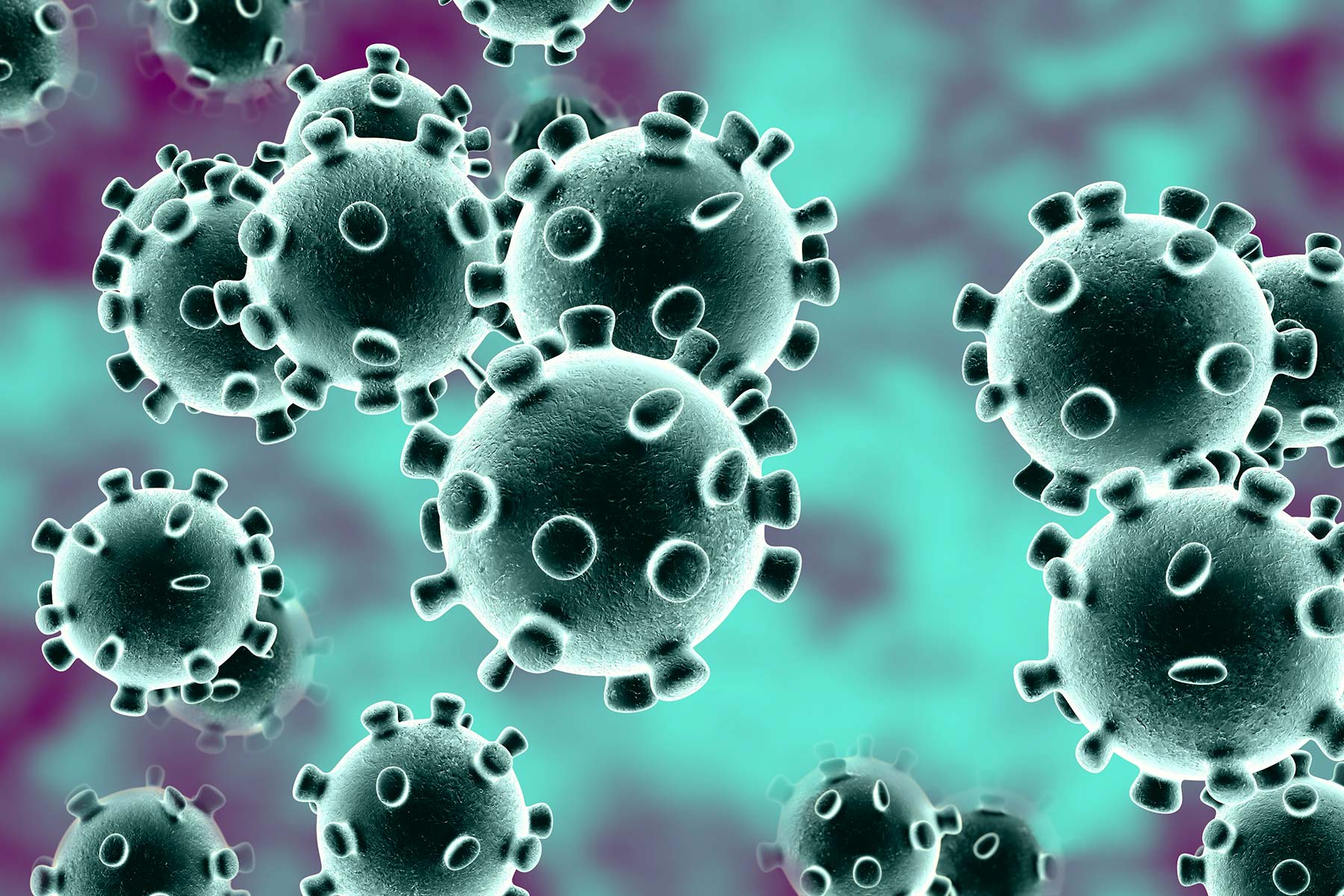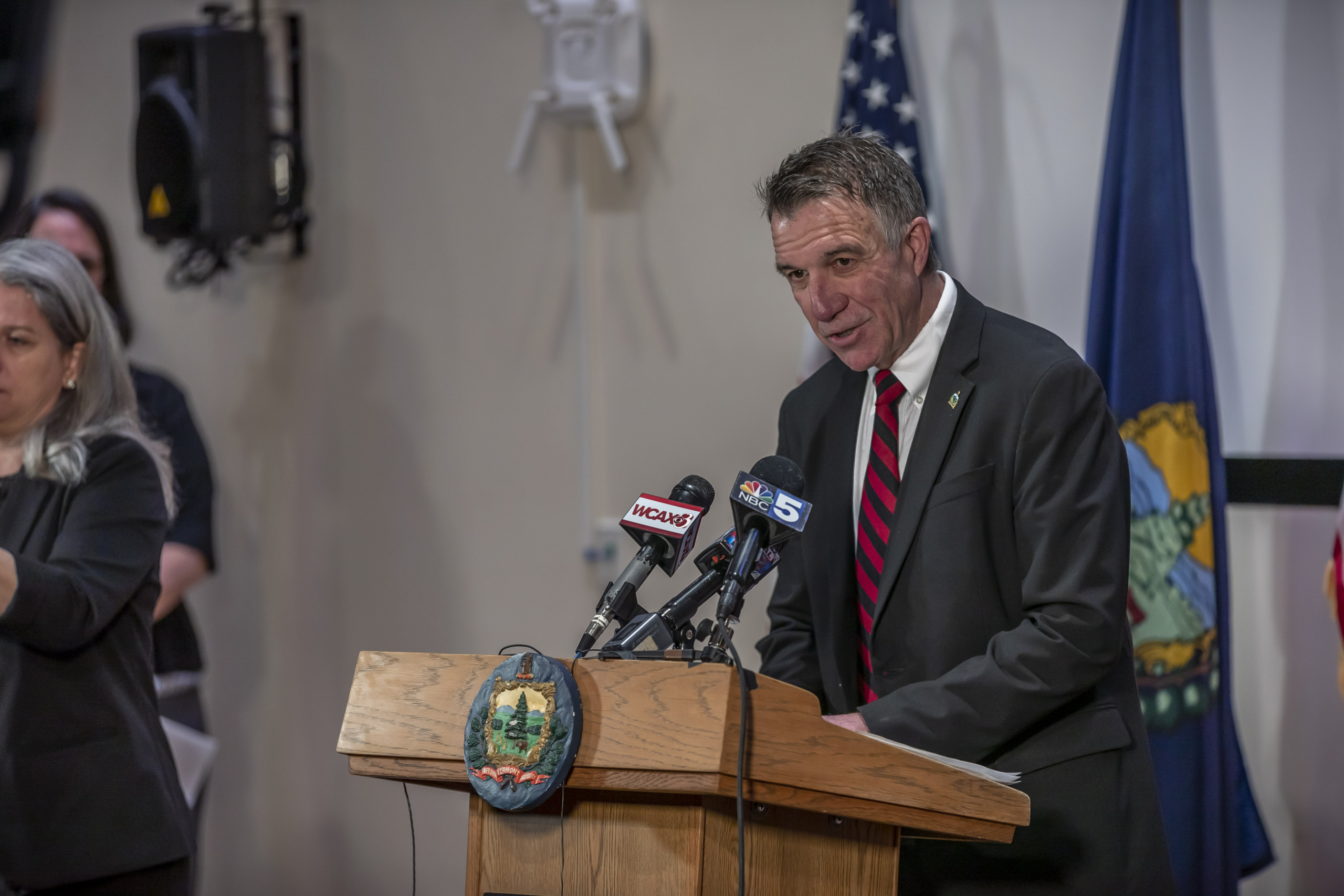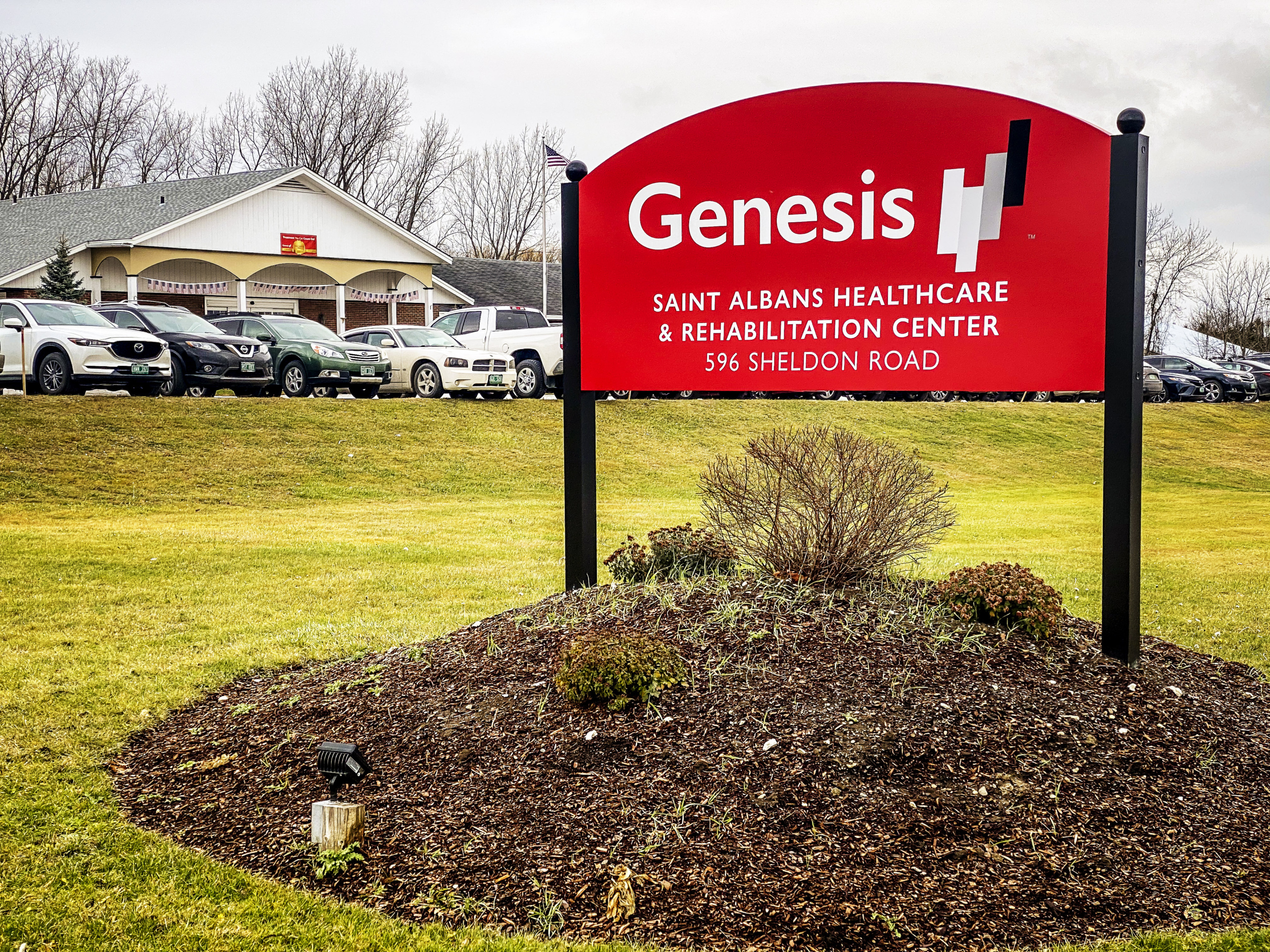COVID-19 VARIANTS DETECTED IN FRANKLIN, CHITTENDEN COUNTIES
By Gregory J. Lamoureux
County Courier
New testing being done by the Vermont Department of Health has confirmed the presence of COVID-19 variants that are thought to spread more quickly and in some, cause more severe symptoms of the disease. Through genomic sequencing of COVID-19 specimens has now identified two of the variants of concern circulating in the U.S.
Also significantly concerning is the rate of positive tests in Franklin County compared to the rest of the state. The Statewide average positivity rate is hovering around 1.3%, however, in Franklin County, the positive test rate comes in at 5.3%. That’s more than four times the state average.
Along with the testing, State Health Officials have identified at least 160 cases linked to outbreaks within the county.
The State reported 139 new cases in the Green Mountain State on Thursday- 16 of those cases were reported in Franklin County, and 37 new cases in Chittenden County. According to Health Department data, there are about 228 active cases in Franklin County- the second highest case rate in the state, and the highest per capita in the state.
The numbers in the County are concerning enough that the Health Department announced on Wednesday that they would be conducting more surveillance testing at popup sites over the next week in Franklin County. That includes a popup site at the Swanton Municipal Complex next Wednesday, March 24th, from 4-8 pm.
Swanton, St. Albans, and Alburgh continues to be one of the hottest areas of the virus in the state, according to state officials.
Vermont Department of Health Public Relations Officer Bennett Truman said the data indicates the importance of people taking preventative measures to stop the spread of the virus, to get tested, and to be vaccinated when eligible. The data is current as of Thursday morning.
In addition to results, earlier this month of the B.1.1.7 variant that originated in the U.K., recent lab results now show the B.1.429 strain, first identified in California, is also in Vermont. The B.1.1.7 variant has now been found in eight specimens, and the B.1.429 variant was detected in three specimens. The detections were found in samples from Chittenden and Franklin Counties, with one sample’s county of origin pending.
Viruses constantly change through mutation, and new variants and strains are to be expected. Many emerge and disappear, but others can persist and even become the predominant strain.
The Health Department has sent 98 select samples to the Massachusetts Public Health Laboratory, Molecular Diagnostics and Virology program for genetic sequencing. The department also sent 60 samples to the Centers for Disease Control and Prevention. The specimens are taken from people who had already tested positive for COVID-19.
Health officials said while it is not surprising that the variants continue to be detected, it reinforces concerns of increased cases, illness and outbreaks. “These variants of the COVID-19 virus can move more easily from person to person,” said Health Commissioner Mark Levine, MD. “This is setting us up for a race of sorts between the presence of strains of a highly contagious virus, our rapidly progressing vaccination program, and the need for each of us to continue to focus on prevention and getting tested.”
Medical studies are ongoing but show the current vaccines are effective against these variants, and the state’s plan for vaccination is moving quickly and well. Dr. Levine cautioned, however, that with parts of the state showing a plateau or even an uptick in COVID-19 activity in Vermont, it is still important that people double-down on efforts to prevent spreading the virus.
“All prevention measures apply, and are critical if we are to stay ahead of the virus and give ourselves the couple of months more we need to get all eligible Vermonters vaccinated,” said Dr. Levine.
The Health Department urges people to follow state guidelines, including wearing a mask, staying at least 6 feet away from other people, and avoiding crowded spaces.
Dr. Levine also emphasized the importance of staying home and away from work if you are sick, skipping events – especially team sports, and getting tested if you have or even think you may have symptoms of COVID-19.
“Testing as early as possible is important for your health and the people around you,” Dr. Levine said. “Remember that symptoms can sometimes be mild, such as a headache, cough, fatigue or a runny nose. So, if you have even just one of these symptoms, it’s best to get tested, and to avoid going to work, school or other places until you receive a negative result.”

